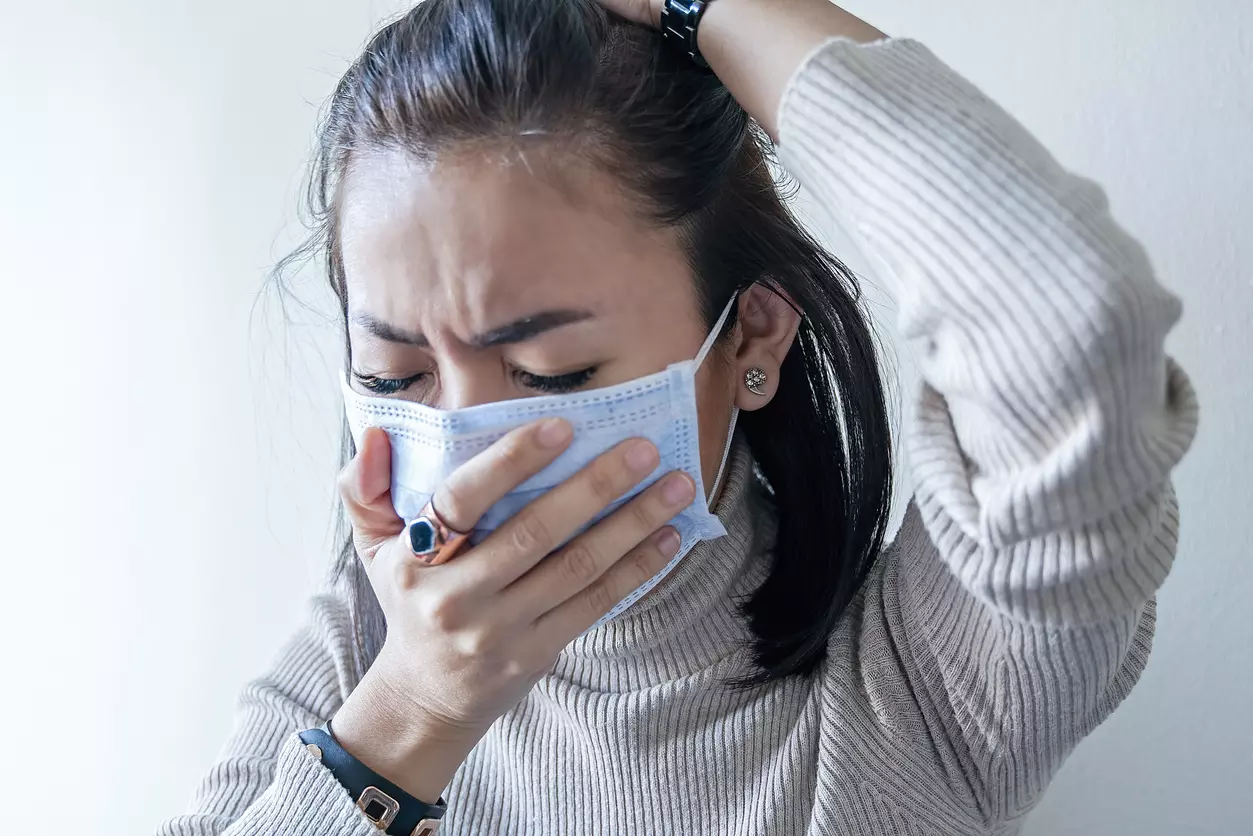
HMPV symptoms are similar to other respiratory viruses and includes fever, cough, nasal congestion, shortness of breath, and wheezing. File photo
After HMPV outbreak in China, India on high alert
HMPV, a relatively under-recognised pathogen, has been a silent contributor to seasonal respiratory illnesses globally

The Centre is now on alert after recent reports of an outbreak of the human metapneumovirus (HMPV), a Covid-like respiratory illness in China.
The government-run National Centre for Disease Control is closely monitoring respiratory and seasonal influenza cases in the country and is in touch with international agencies as well on this matter.
According to an ANI report quoting sources, the government said it will monitor the situation closely, validate information and update accordingly.
Meanwhile, the report also quotes Dr Arjun Dang, CEO of Dr Dangs Lab, who emphasised the need for more more solid surveillance and early detection mechanisms to curb the spread of HMPV, after its outbreak in China.
The resurgence of HMPV again drives home the challenges posed by respiratory viruses, particularly in high-density populations, he said.
Under-recognised pathogen
HMPV, a relatively under-recognised pathogen, has been a silent contributor to seasonal respiratory illnesses globally.
HMPV symptoms
HMPV symptoms are similar to other respiratory viruses and includes fever, cough, nasal congestion, shortness of breath, and wheezing.
Severe cases can lead to bronchiolitis or pneumonia, particularly in high-risk groups. “The burden on the healthcare system can be significant if the outbreak is not swiftly contained," Dr Arjun Dang pointed out, according to the report.
Treatment
Polymerase Chain Reaction (PCR) testing remains the gold standard for diagnosing HMPV, said the doctor.
There is no specific anti-viral treatment for HMPV, so prevention is the best way of controlling its spread. Following simple measures such as washing hands regularly, covering mouth while coughing and avoiding close contact with sick individuals can help reduce its spread.
In severe cases, the illness is managed through hydration, fever control, and oxygen therapy.
Washing hands regularly, respiratory etiquette (covering coughs and sneezes), and avoiding close contact with symptomatic individuals can significantly mitigate transmission. Government authorities must ensure robust public awareness campaigns emphasising these preventive strategies, Dr Dang said.
Next Story

